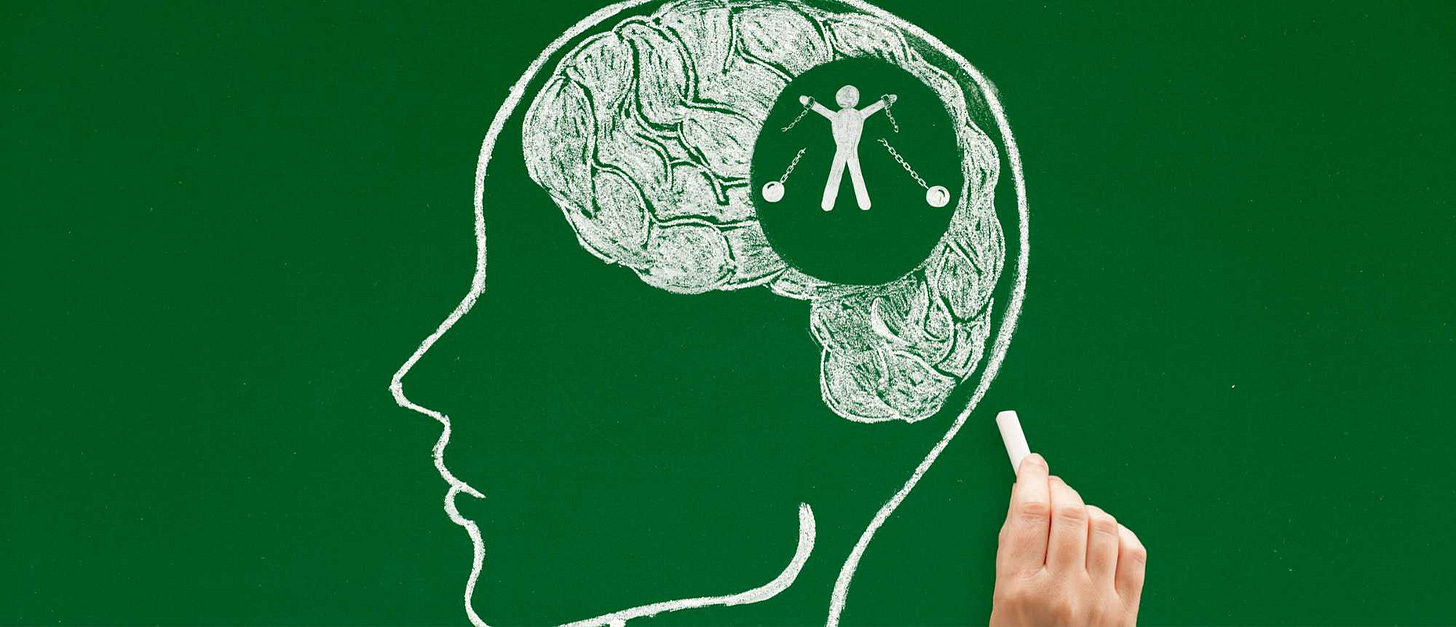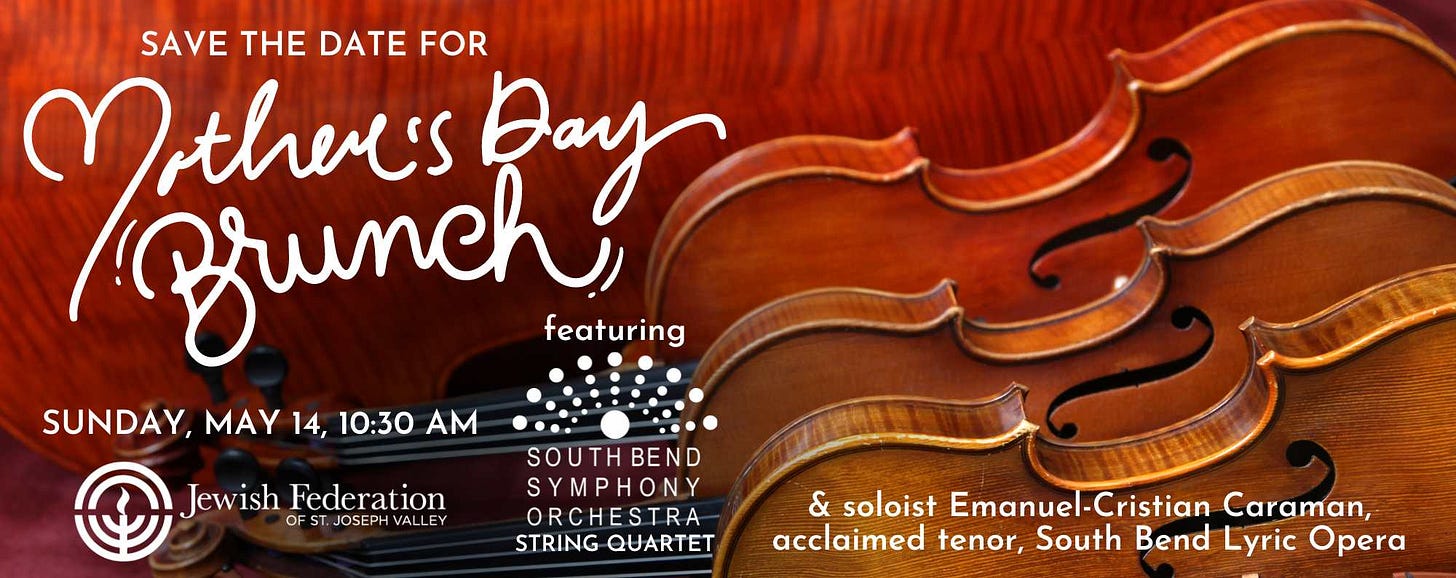I’ve been reflecting upon the men and women who came before us – their wishes and dreams. They dedicated themselves to bringing new possibilities to life in order for our Jewish community to realize its full potential. Now it’s time for a new generation of leaders to prepare the groundwork for transformational change.
We’ve witnessed, through FED Talks, the testimony of other leaders who’ve met at the crossroads and chosen a path to assure a brighter future. And like other Jewish communities, we are also at a crossroads.
Temple Beth-El and Sinai Synagogue, two historic and enduring fixtures in our community, will play a pivotal role in determining our path. Today, they tackle complex questions, including membership and financial issues of a critical nature.
Efforts to grapple with declining membership, shrinking revenue, and leadership need more than simple answers. These issues are reshaping the American Jewish landscape -- especially in smaller Jewish communities like ours.
According to a 2020 Pew Research Survey on Jews in the U.S., outside of our Orthodox community, we’re witnessing hard truths that hamper the ability to build and sustain Jewish life. In light of the challenges to planning for the future, Jewish leaders are receiving a wake-up call about the purposes, priorities, structure, and, ultimately, the necessity of each of our institutions. It’s true here in our own St. Joseph Valley region.
Today, as never before, we’re focused on synthesizing and welcoming diverse perspectives. Only through shared understanding and collaboration will we move toward the goal of adapting and revitalizing this place we call home.
The responsibility I feel to define our destiny and choose a path is shared by many in our community. We collectively seek a future fueled by the things that matter most to us – Jewish life that is relevant, compelling, joyous, meaningful, welcoming, comforting, and challenging with infinite options. It’s a drive I feel strongly about – something we owe ourselves and our past leaders. A decision. If not now, when? If not us, who?
The experiences of the Youngstown community shared at FED Talk #2 may offer us a starting point for thinking our way forward. While no two communities are the same, Youngstown leaders showed how a small Midwestern Jewish community can make a bold, innovative change to ensure a bright collective future. They met at the crossroads. They took action to preserve and grow their Jewish community.
As for our community, I’m convinced that our future lies less with a singular definitive answer than with a willingness to embrace diversity. It’s the only way to craft good solutions and solve thorny problems.
In my hundreds of conversations with community members, a groundswell of support exists to develop a narrative of progress that will presage the start of a new era –
an era that is structurally different from how we are presently organized. This is the beginning. This is where we choose a path at the fork in the road.
Let’s embrace our diversity and our abilities to create a stronger kehillah kedoshah, a sacred community for current and future generations in St. Joseph Valley.
Soon we’ll be sitting around the Seder table, once again pondering the eternal questions. Why is this night different from every other night? How is our particular period, our particular community, our unique challenges, different from other times and places? Throughout the night, the authors of the Haggadah prod us to formulate and reformulate our personal and collective stories.
The Hasidic masters encouraged us to think about Egypt not only as a geographic locale, but as a state of narrow horizons, of constricted imagination. This kind of emotional or spiritual slavery has been called the “tyranny of the ordinary.”
Pesach offers us the promise, as individuals and as a collective, that we can move beyond.
Chag Sameach!
Moshe Kruger
Executive Director,
Jewish Federation of St. Joseph Valley
Phone: (574) 233-1164 | Email: mkruger@thejewishfed.org




